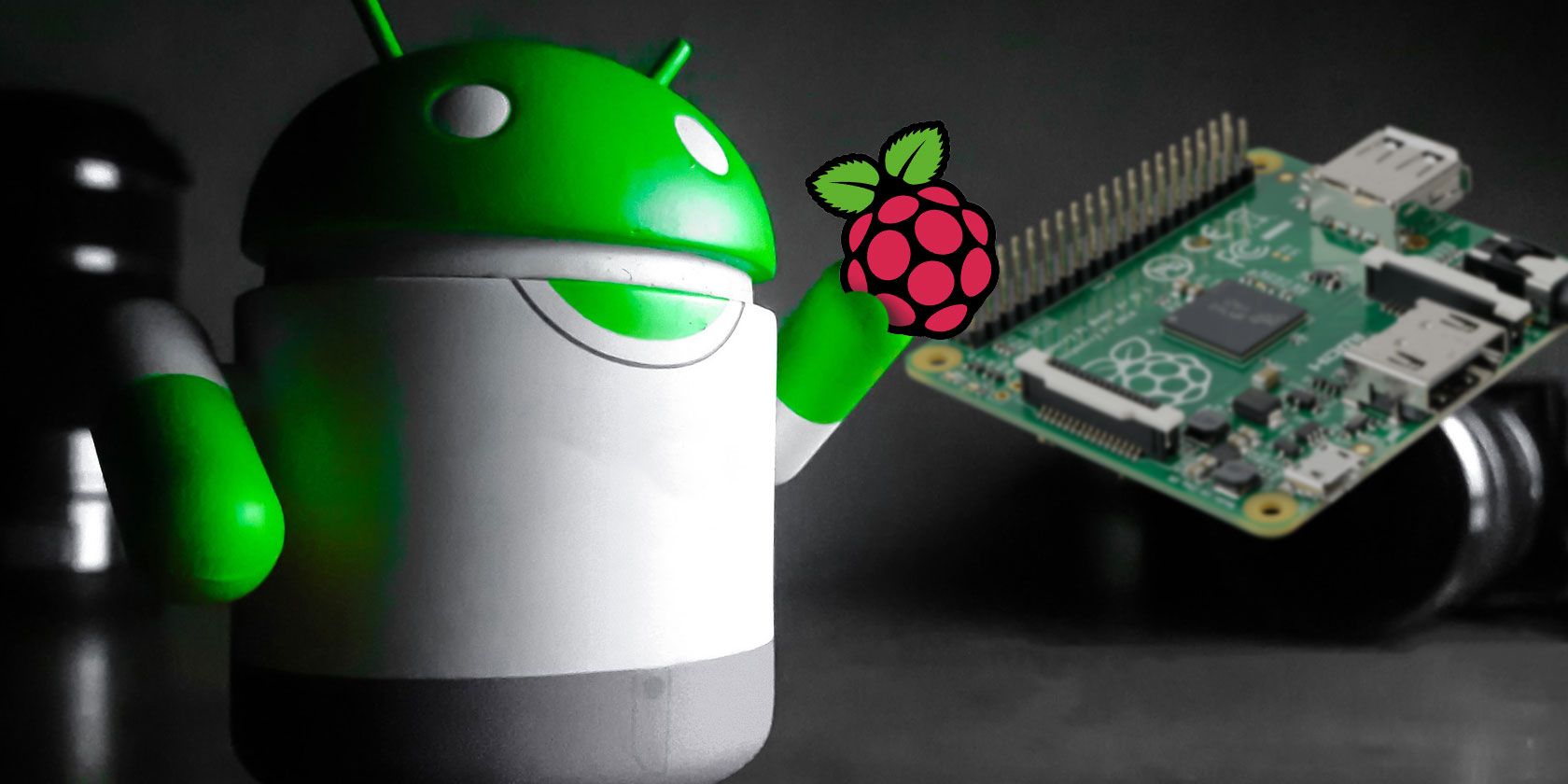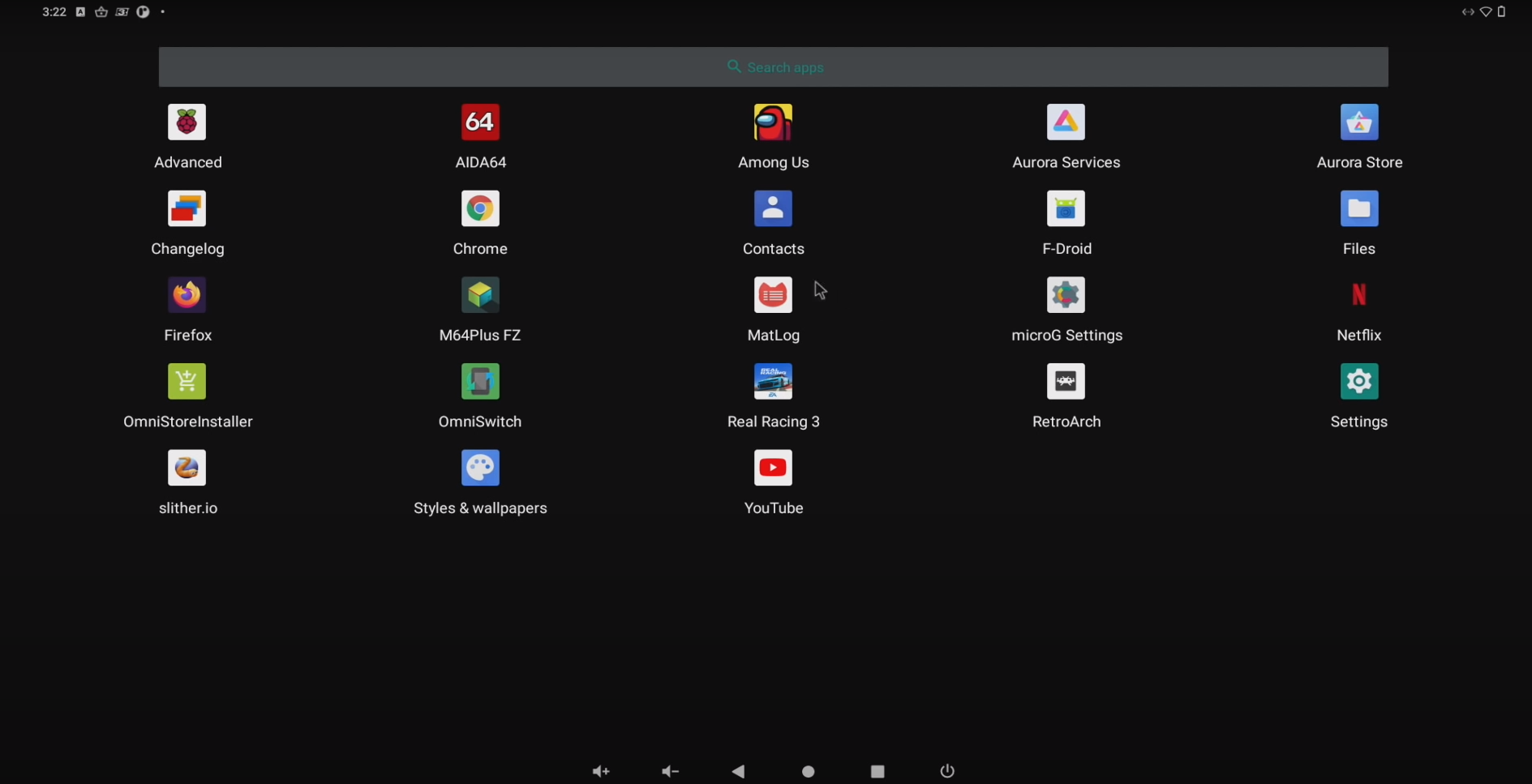Installing Android OS on the Raspberry Pi has always been a purely academic experience. Most versions have been interesting to play with but lacking in most of the features that make Android OS a serious option as an operating system.
This might have changed, as the new OmniROM build of Android 11 for the Raspberry Pi 4 is the most complete version of Google's smart device operating system so far.
What Android 11 Features Work on Raspberry Pi?
The OmniROM Android 11 port, released by XDA forum member Max Weninger, runs on the Raspberry Pi 4 in tablet mode. Most operating system features are present, with the only notable exceptions being hardware-accelerated video playback, screencasting, and the ability to create a mobile hotspot.
OmniROM works with the GApps package, an open-source project devoted to providing access to Google's stock apps. This addition gives access to the Play Store, opening the Raspberry Pi 4 up to the entire ecosystem of apps available for Android devices.
While there are reports of touchscreens working without much issue, there isn't native support for the official Raspberry Pi 7-inch touchscreen. This, along with hardware-accelerated video, are the features many are hoping will come somewhere down the line.
Where to Get the OmniROM Android 11 Port
OmniROM is a collaborative project featuring many developers, but Weninger provides the build in a thread on the XDA forum. Getting Android 11 up and running takes a few more steps than the average microSD or USB operating system flash. You'll need to make sure your firmware on the Raspberry Pi is up to date and set up OmniROM via a provided configuration file.
The forum post contains detailed instructions and a long thread of people's experiences getting Android 11 running, which appears to work natively with Raspberry Pi compatible touch screens.
Android on the Raspberry Pi: A Long History
The Android 11 port is the latest in a long line of community builds from the OmniROM project. As far back as Android 4.4, OmniROM has been giving hackers the tools they need to install the Android operating system on a variety of devices.
Android came to the Raspberry Pi in 2012, and in the following years, several projects appeared devoted to creating the perfect Android port. While it's certainly possible to install Android on a Raspberry Pi, each build comes with its own issues, and the new Android 11 port is no different.
For now, this is still something to do just for the experience, and there is no real practical use for having the Android operating system on a Raspberry Pi. Still, it's fun to do, and what more reason do you need than that?


